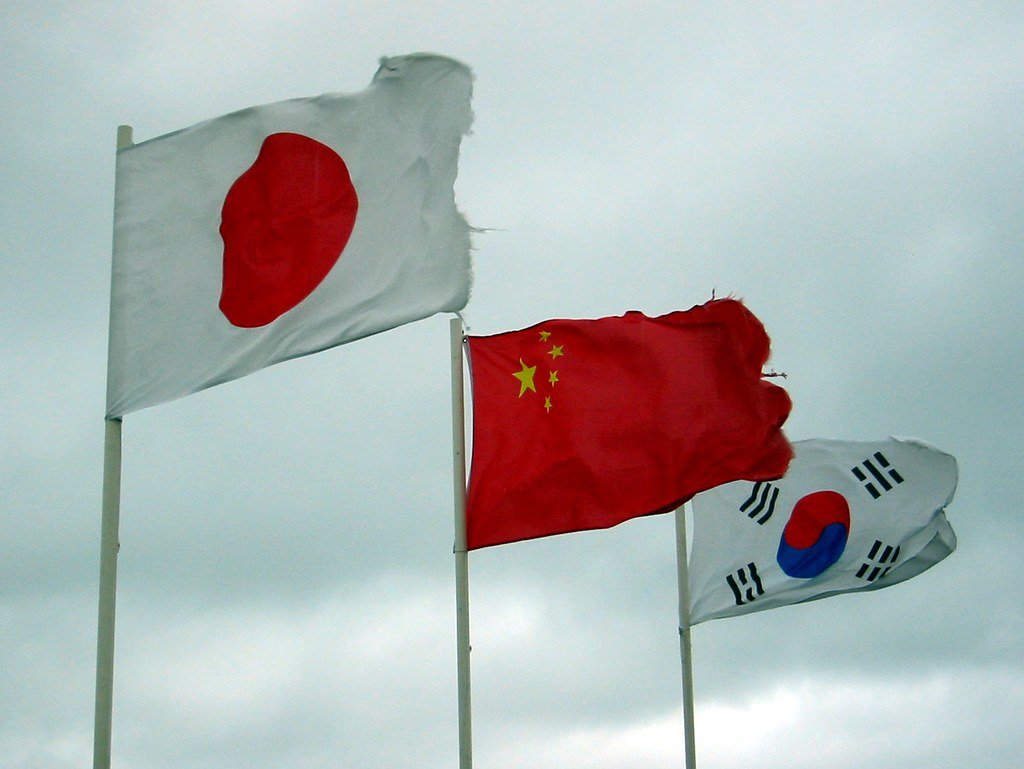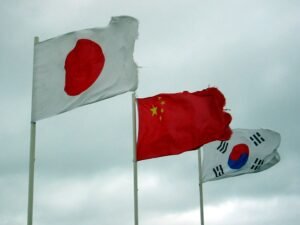Japan, Australia Commit to Quad Amid Geopolitical Shifts
- Japan and Australia’s foreign ministers have agreed to continue their cooperation with the United States and India under the Quad grouping.
- The Quad, a strategic forum, is seen as a counter to China’s growing influence in the Indo-Pacific region.
- The top diplomats of the four Quad countries are expected to meet on Tuesday, a significant step in strengthening the Quad’s role in the region.
- The meeting signifies a renewed commitment to the Quad and its principles, highlighting the importance these nations place on a free and open Indo-Pacific.
In a significant move that underscores the geopolitical shifts in the Indo-Pacific region, the foreign ministers of Japan and Australia have agreed to continue their cooperation with the United States and India under the Quad grouping. This decision, aimed at ensuring stability in the region, was made on the eve of U.S. President-elect Donald Trump’s return to the White House. The meeting between Japanese Foreign Minister Takeshi Iwaya and his Australian counterpart Penny Wong took place in Washington.
Strengthening the Quad
The two diplomats concurred on the increasing need for Japan and Australia to play a leading role in realizing a free and open Indo-Pacific. This vision, they agreed, could only be achieved by working hand in hand with the United States and other partners. The security environment in the region, they noted, is becoming increasingly severe. In response to this, Tokyo and Canberra have decided to advance multilayered cooperation with like-minded countries. This decision was announced by the Japanese Foreign Ministry, highlighting the importance both nations place on regional security.
The Quad, a strategic forum comprising the United States, Japan, India, and Australia, has been gaining prominence in recent years. Its focus on the Indo-Pacific region is seen as a counter to China’s growing influence. The Quad’s emphasis on a free and open Indo-Pacific echoes the principles of freedom of navigation, rule of law, respect for sovereignty, peaceful resolution of disputes, and free trade.
Bilateral Cooperation and Future Prospects
The meeting of the top diplomats of the four Quad countries is expected to take place on Tuesday. This follows the confirmation of Trump’s pick for secretary of state, Marco Rubio, by the Senate. The meeting is seen as a significant step in strengthening the Quad’s role in the region. In addition to security issues, Iwaya and Wong also agreed to boost bilateral cooperation on economic issues. This includes areas such as cybersecurity and people-to-people exchanges. The decision to enhance cooperation in these areas underscores the comprehensive nature of the relationship between Japan and Australia.
Iwaya later met separately with Indian Foreign Minister Subrahmanyam Jaishankar, who was invited by Trump’s team to attend his inauguration ceremony along with the top Japanese and Australian diplomats. During his meeting with Jaishankar, Iwaya emphasized that Japan and India share fundamental values and have a great responsibility for the peace and prosperity of the international community. The two also discussed ongoing efforts under the Quad and agreed to make the year from April a period of cooperation on science and technology. This decision comes as Japan and India in 2025 are marking the 40th anniversary of their partnership in the field.
The recent developments in the Quad echo historical events where nations have come together to ensure regional stability. The formation of NATO during the Cold War is a prime example. Just as NATO was a response to the threat posed by the Soviet Union, the Quad can be seen as a response to the challenges posed by a rising China.













Post Comment